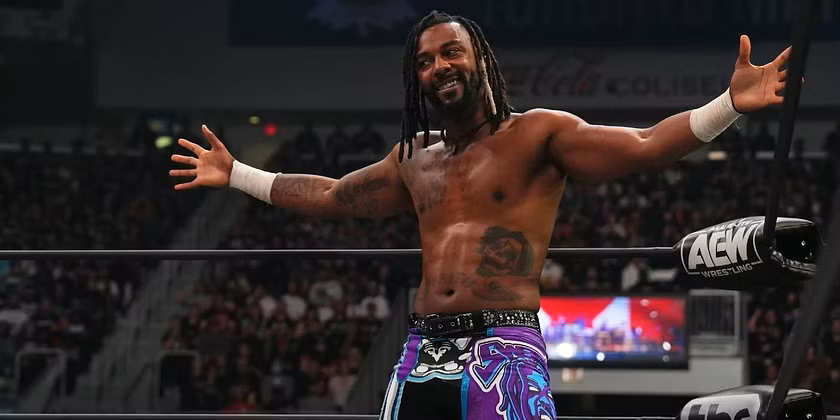One Big Thing
Teddy Long, a seasoned figure in professional wrestling, has openly expressed his opinions on Swerve Strickland’s landmark achievement as the first Black AEW World Champion. His perspective sheds light on the importance of recognizing Strickland’s skill and championship beyond the racial milestone.
Main Takeaways
- Teddy Long praises Swerve Strickland’s win but emphasizes the need to focus on his abilities and championship status without repeatedly highlighting his race.
- Host Mac Davis compares Strickland’s victory to Ron Simmons’ WCW championship win, underscoring the significance and emotional impact of such achievements in wrestling history.
- Long’s recent appearances on WWE television for the WWE Draft illustrate his ongoing involvement and influence in the professional wrestling world.
Why It Matters
Swerve Strickland’s victory as the first Black AEW World Champion marks a significant moment in professional wrestling history, echoing past milestones like Ron Simmons’ WCW win. Yet, Teddy Long’s comments prompt a discussion on how achievements are framed and celebrated within the sport, suggesting a shift towards recognizing talent and accomplishment regardless of race.
Long’s Insight
“I just heard Mac saying ‘as the first African American champion in AEW’, Jesus Christ, come on. Let’s just say the guy’s the champion, AEW champion, they know he’s African American, they can look at him, he’s Black,” Long remarked, questioning the necessity of repeatedly identifying Strickland by his race.
Historical Echo
“There’s just something, there’s money written on him and somehow someway, WWE let him get away,” Davis said, recalling the emotional resonance of Strickland’s win with Ron Simmons’ triumph in WCW, highlighting the progress and ongoing challenges in the representation of black athletes in wrestling.
Teddy Long’s reflections and the broader context of Swerve Strickland’s victory invite us to think about how we recognize and celebrate achievements in professional wrestling. It’s a conversation about progress, representation, and the challenges that remain in acknowledging both the significance of racial milestones and the need to eventually transcend them.
Do you think it’s important to continue highlighting wrestlers’ racial and ethnic milestones in their achievements? Let us know in the comments below.

























